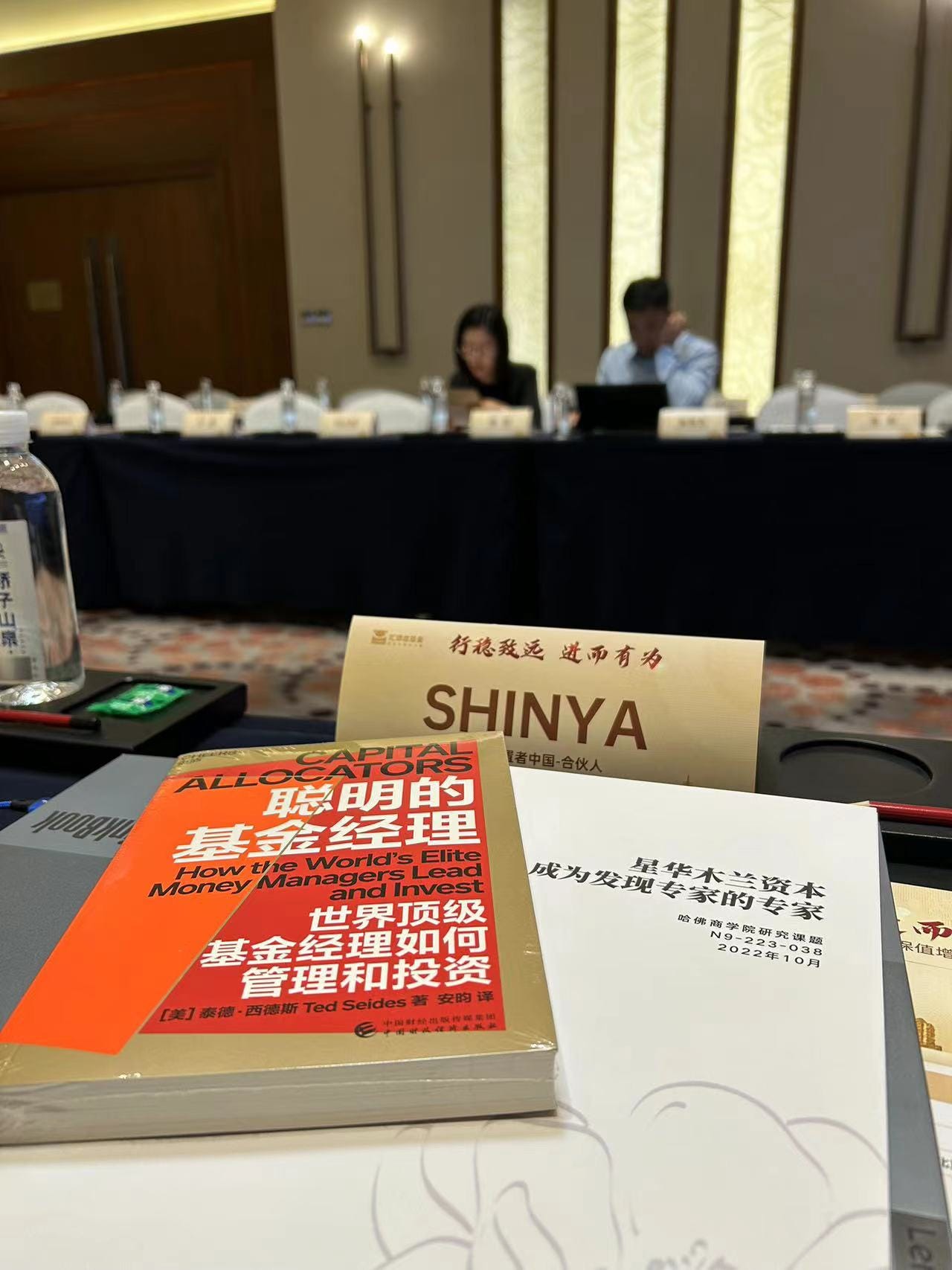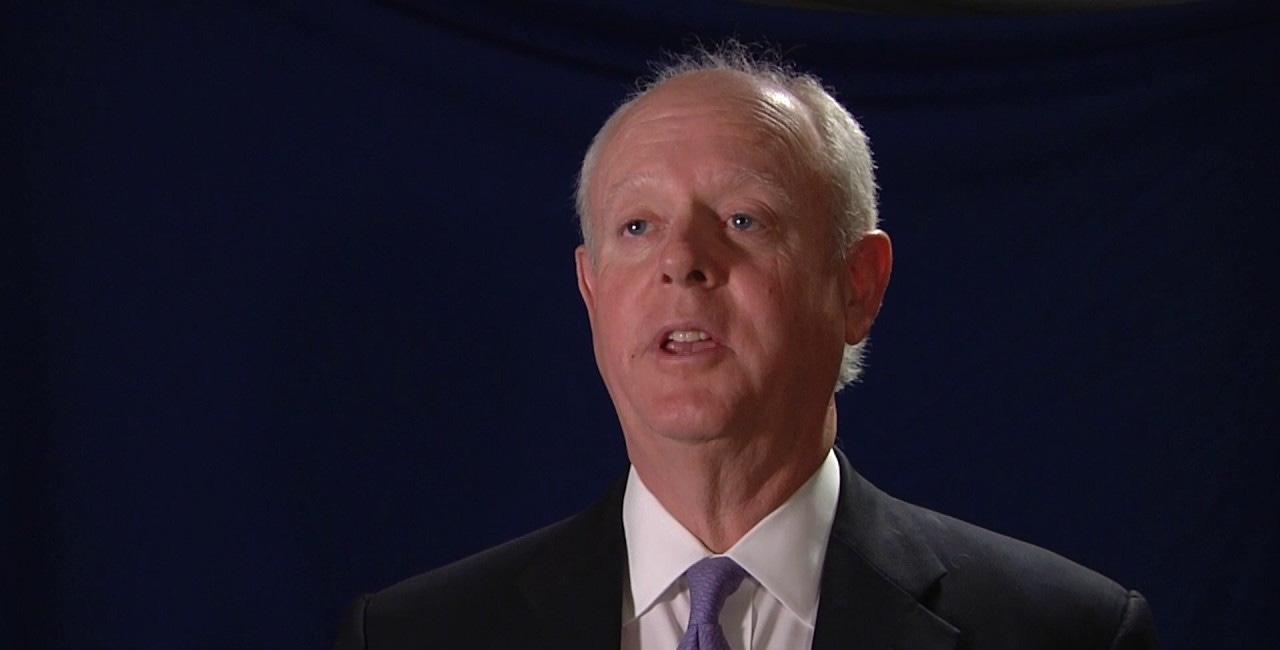The Japanese government surprised the college endowment industry when it launched the largest college endowment fund in the world with JPY 10 trillion funding (about $70 bn), which surpassed Harvard University’s $53 bn as of June 2022. However, it is not appropriate to compare Japan’s University Fund to the college endowment funds since the University Fund is funded and managed by the Japanese government for all public colleges in Japan. Its nature is similar to the Government Pension Investment Fund, which manages JPY 20 trillion. (source)
More than 80% of the assets are currently allocated to fixed income and short-term assets (e.g. cash). Equity investments are through passive vehicles. JPY 64 bn, or $440 mm, is allocated to alternatives, but that represents just 0.6% of the total assets.
There are a few independent college endowments in Japan, including Keio University (JPY 87 bn, or $590 mm), Tokyo University (JPY 44 bn, or $332 mm) and Waseda University (JPY 30 bn, or $200 mm). Tokyo University’s portfolio is comprised of 60% bonds, 20% equity and 20% alternatives. Although not the most well known, one of the most institutionalized college endowments in Japan is that of the Tokyo University of Science. It was founded in 1881 and attained university status in 1949, with roughly 20,000 students. The university does not frequently disclose the size of its endowment, but it was reported in 2019 that they manage at least JPY 25 bn ($172 mm). The endowment is managed by experienced allocator, Mr Yoichi Katayori, whom I have known for almost 20 years (we met in New York). According to a recent article (https://j-money.jp/article/64200/, in Japanese), they allocate 50% to fixed income and 50% to alternatives.
Outside of Japan, there are many well-established college endowments in Singapore and Hong Kong. According to the South China Morning Post and Charity Guide Point, the largest endowments are as follows:
Now, you might wonder if there are any college endowments in China. I also wondered about this for many years although I’ve heard of their existence here and there until late July this year. As a part of World of Allocators, which operates Capital Allocators China, Nicole and I were invited by the group of China’s college endowments to present our latest deck - Evolution of Endowment Approach - in front of 20+ representatives from 14 leading endowments. China’s college endowment landscape is still at its infancy. Like many college endowments in the United States did over the last 40 years, they are taking necessary steps to institutionalize the process. Due to the nature of the closed-door meeting, we cannot share too much beyond the article below (translated from Chinese), but we are thrilled to say that the professionals working at China’s college endowments acknowledge challenges and are willing to learn from overseas. If you are Chinese-speaking allocator working at college endowments and are eager to support the development, please contact World of Allocators.
Capital Allocator China was invited to participate in the "2023 Chinese University Endowment: Asset Preservation and Appreciation Exchange Conference"
In July this year, Capital Allocator China was invited to participate in the 2023 Chinese University Endowment: Asset Preservation and Appreciation Exchange Conference (”Exchange Conference").
The seminar was jointly initiated by several university foundations, hosted by China Universal Asset Management, and representatives of 14 university education foundations participated in the Exchange Conference.
Shinya Deguchi and Nicole Su, partners of Capital Allocator China, shared the "Evolution of the Endowment Approach" at the Exchange Conference, focusing on the development process, investment philosophy and framework of the endowment fund investment model represented by the Yale University Foundation, and the enlightenment it could bring to China's university education foundation.
This Exchange Conference is the first large-scale closed-door discussion of domestic university education foundations, in which the representatives not only learned advanced foreign concepts and practices, but also discussed the actual situation faced by domestic foundations and the development path suitable for Chinese university education foundations. It is the responsibility of university foundations as trustees to maintain and increase the value of the foundation's investment assets. The investment work of domestic college and university foundations shall put risk management in the first place, gradually establish professional investment capabilities, give full play to the long-term nature of donated funds, and carry out investment activities legally, safely and effectively.
The original intention of Capital Allocator China is to advocate the investment philosophy of the endowment fund (especially a long-term investment philosophy with reverse thinking, and it is based on real character and trust), build a community of investment personnel in China's asset management industry, and promote sharing and learning among industry personnel. Capital Allocator China maintains long-term exchanges with investors from many overseas endowment funds, and plans to organize roundtable forums for domestic and foreign university foundations to help the development of Chinese university endowment foundations.
https://charityguidepoint.sg/endowment-fund-and-universities/
Sources:
https://www.jst.go.jp/fund/dl/jst_gaikyo_2022.pdf
https://www.yomiuri.co.jp/kyoiku/kyoiku/news/20211001-OYT1T50064/
Wisdom of Good Allocators
Each quarter, we receive hundreds of letters written by managers. Some of them are excellent, and most of them are not, but we still read them because it is one of the greatest ways to understand managers’ investment philosophy and thinking processes. We care less about their returns and actual investment ideas.
Masterclass for Capital Allocator CIO
I met Capital Allocator 5 years ago. It was Episode 11, published on June 7, 2017. Ted Seides interviewed Endowment Professor Larry Kochard, who was CEO and CIO of the University of Virginia Investment Management Company (UVIMCO). As the fifth-year CIO of my own multifamily office, I was searching for guidance. Unlike the student time, as I grew up, I f…
We Are Experts of Nothing, But Finding Experts
Two Professors Prof. Lauren Cohen is a leading scholar and educator at Harvard Business School. We were introduced to Prof. Cohen by Prof. Tony Gao at Tsinghua University PBC School of Finance (Tsinghua PBCSF), who is undoubtedly the most prominent academic researcher for family office research in China. In 2012, Prof. Gao was appointed as Director of th…












